
10 Mistakes to Avoid in SSB Interview by Maj Gen Shammi Sir
Jai Hind everybody, I’m Major General Shammi Sabharwal (Retd.) and I welcome you all to Centurion Defence Academy. Today, we are going to talk about a very important topic, the common mistakes that most candidates make during SSB interviews. See, your biggest hurdle is cracking the written exam. You work so hard for it, putting in effort for many months to clear that written exam. Now, you have cleared the written exam, and are almost there. Now, when you are about to reach the peak and your interview, which is so important, and you know what is the duration of that interview? It ranges from 45 minutes to 75 minutes, taking about an hour. But what do you think, because it’s an hour-long interview, whatever you say in your sleep will work? No, I don’t think that is the right approach. Crossing one hurdle, you are almost there to the finish point, and coming back from here is not what I would like you people to face.
So let’s look at those 10 common mistakes which I have discussed with lots of prestigious officers, and we have come to a consensus that these are the 10 important things which we need to look into before going for an interview, especially the SSB Interview.
The first one is appearance.
Gentlemen, remember one thing: whether my height is 5 feet or 6 feet 4 inches, whether my weight is 60 kilos or 70 kilos, whether my nose is broad or my ears are small, it doesn’t matter. What matters more is how I present my body and my appearance. The first and foremost is a haircut. You’ve come to the profession of arms; a proper, decent haircut is a must, especially before going for an interview.
I often see people coming in with a band type of thing, in a hippie style. Are you coming for an armed forces interview or for the film industry? You might be successful there, but not here. I repeat, not here. It won’t cut the ice in the armed forces. Next is the shabby look. When I say shabby look, I mean you haven’t shaved, perhaps you haven’t even washed your face, your nails aren’t trimmed, and your appearance doesn’t show that you’ve cared to nurture your body for something as important as an interview.
Clothes matter. If you come in dirty, crumpled clothes, what do you think the boss will be impressed by? Or if you wear such tight-fitting pants that you are uncomfortable sitting down, it gives a very bad impression. So, in appearance, this becomes important. Then your shoes: if your shoes are torn, dirty, or unpolished, it’s noticeable. This is in your hands. These are very small things that you can always manage. At least wear proper shoes. If my dress is brown, my shoes should be brown. If the dress is blue or black, obviously black shoes will go with that.
Pay attention to your clothing
And last but not least, borrowed clothes. Now you’ve come for the interview after just waking up and you see everyone else dressed properly. You haven’t even brought proper clothes. If your height is 5 feet 4 inches and you borrow the pants and shirt of someone who is 6 feet tall like me, you’ll be swimming in those clothes. It will be evident from your clothes that these are not yours. Or if you are very healthy and you take my trousers, they won’t fit properly and you’ll struggle to buckle them. So, what’s the point? And poor hygiene—these are all things in your hands. Please look into it during your planning stage itself.
Not listening to the question properly.
Look, what happens is that some of us memorize 10, 20, or 50 questions thinking that if these questions are asked, we will give pre-prepared answers. Now, as soon as the interviewer starts asking a question, you catch onto any keyword that matches the question bank you have memorized and you start giving your pre-prepared answer, not realizing that this is not what he is asking. Please pay attention to what he is asking. You cannot succeed with memorized answers. You have to show your originality, and that is what is expected of you.
Moving next: Verbosity.
What do you understand by verbosity? Look, when I ask you a question and you start narrating an entire epic to me—“Sir, this happened, then I went there, then I came here”—but you are not getting to the point. See, as I mentioned earlier, the duration is only 45 to 75 minutes. The officer has to extract the maximum of what is inside you, and he is not here to listen to your stories.
Now, let’s take an example. I ask you, “Who is your best friend?” You start with, “Sir, actually in my third grade, Ramesh was my good friend. In my sixth grade, Naresh became my friend, and in my 10th grade, Rashmi became my friend. Then this happened, and then that happened.” He is not interested in all those things. He is asking you with a specific aim: who is your best friend? So please focus on who your best friend is today, with whom you share things. That is what is more important, not the background information.
Telling Lies and Hiding the Truth
Look, you fill out a form where you provide details about your education, games, hobbies, family, and everything. If you input false information there, it will cause problems. In Centurion Defence Academy, Mr. Shishir Dixit, the Founder-Director of the institute has done a very good job with his SSB preparation book called “Ranneeti,” which includes a significant live example.
There was a kid who used to play football at the school level, just a little. Now, his father said, “Since you are going for an interview, create a good impression by saying that you were the captain of the football team.” Look, playing a game is one thing, but being a captain is an altogether different thing. Now, what happens? The candidate says that he was the captain. Obviously, when you say you were the captain, the expectations about the game from you are exceptionally higher.
Now, the officer starts asking him questions. After three or four questions, the candidate starts sweating profusely and then admits, “Sir, I’m sorry. Actually, my father told me to write ‘captain.’ I was just a novice player who could barely kick the football; I don’t know much more than that.”
Now, what do you think? After this, whatever answers he gives, will the officer ever trust him? So, don’t do this. Look, truthfulness is very important. Honesty will take you further. If you haven’t done something, you haven’t done it; you can’t create it. So, I always maintain one thing: don’t tell lies. Be truthful. Honesty is the best policy.
Anti-Organization
Look, what is the army all about? If the boss gives an order that the attack will happen from the left, then it will happen from the left; it cannot be from the right. During the planning and preparation stage, the commanding officer is not foolish. He discusses everything with his company commanders. If you believe that attacking from the right is better, give your viewpoints—he will consider them. But once you leave the conference hall, if the commanding officer has decided that the attack will be from the left, then you must say that the plan is to attack from the left and that is what we will do.
You cannot then go to your soldiers and say, “Brothers, I told the commanding officer several times to attack from the right, but he insists on the left. This will fail, and we will all die.” You have demoralized your force, and that is why the organization can never accept anti-organization behavior, especially in the armed forces. Anti-organizational people are not needed anywhere, not even in the private sector, so forget about the army.
Mistake Number Six: Overconfidence
Look, you may have heard about underconfidence, where someone appears to lack confidence. If underconfidence is bad, overconfidence is very, very bad. Your knowledge might be limited, but you act as if you are an expert in everything when, in reality, you are not.
What happens is, when the interviewing officer asks you some questions, you don’t know the answers. Yet, you act as if you are a reservoir of knowledge and respond very confidently, even though you are not telling the truth. The interviewing officer tries to guide you, but because of your overconfidence, you try to mock him by saying, “Sir, it is like this only, you know.”
What do you think you achieve by mocking an officer who has more service experience than your age? If you have this kind of overconfidence, get rid of it. He is trying to give you hints to steer you in the right direction. Follow those hints; don’t be overconfident. You have come for the interview, not to conduct the interview. So, be careful.
Mistake Number Seven: Me over Others
Me over Others. This “I, me, myself” attitude does not work in the military. The essence of the military is teamwork. It is a team that leads you to victory, and that is why only teamwork works in the armed forces. If you need to capture even a single outpost in battle, your entire team wins; no one wins alone.
So, until you develop a sense of teamwork and put the interests of your organization above your own, I don’t think you can fit into the organization. Your activities and actions must show that you are a team player.
Mistake Number Eight: Not Prepared for the Interview
When I say not prepared for the interview, firstly, it means not knowing enough about the organization. Look, if you are an Air Force candidate and you are there because you are interested in joining the Air Force, then you should know the basics about the Air Force. You should know the rank structure, the types of aircraft in the Air Force, the speed of aircraft like the Sukhoi-30 or the Rafale. You should know the difference between a tracking radar and a surveillance radar.
Nobody is expecting you to know air warfare tactics; that is not required. But these are the basics that everybody should know, and if you don’t even know that, it’s a problem.
The next thing is self-awareness. You should know your strengths and weaknesses. These are the basics. If you don’t even know that, if you don’t know about yourself, how do you expect others to know more about you?
Lack of General Awareness
This is Mistake Number Nine. Now you might ask, what’s the difference between self-awareness and general awareness? General awareness is about being aware of what’s happening around you. I’m not asking you to know the genesis and background of, let’s say, the US-England relationship or the US-Japan relationship; this is beyond your scope. But definitely, if you’re traveling from Dehradun to Bhopal for an interview and you’re traveling by train, and the interviewing officer asks you, “Okay, how did you come here?” and you say, “Sir, I came by train,” and he asks, “Which train did you take?” and you respond, “Actually, my father booked the ticket online, so I don’t know which train I took,” that’s a problem.
First, you didn’t know the train you traveled on, which is a mistake. Then, the next mistake you make is admitting, “I am so useless that I can’t even book my own ticket online.” You have compounded the mistake. Still, he might give you a chance and ask, “Okay, can you at least tell me which platform your train arrived at in Bhopal?” and you say, “Actually, I didn’t notice, it was 5 AM and I was still half-asleep.” He might then ask, “Alright, tell me how long it took you to get from the Bhopal station to the SSB center,” and you say, “Sir, I fell asleep in the car and didn’t notice.”
With this kind of lack of general awareness, can you actually make it? The answer is a big no. But this is what happens; a lot of candidates make this mistake. So at least you can avoid it.
Not Willing to Answer Difficult Personal Questions
Now, you will say, “Sir, what are difficult and personal questions?” So I ask, “Do you like your mother or your father?” Sir, I like both of them equally. Many children say this, but you have to give them an example. I say, “In front of you and in front of me, there is a mango and an orange. You have to eat one. I want to eat the mango, and you like both. So, I can understand, but you can take it. So, which one will you take?” Similarly, please understand that the discussion is going far. Once you make this kind of answer, you are actually ruining all your chances of actually making it. So, these are very, very common mistakes across the board, and people have come to a consensus that most people make. I would request you to take a deep look. Don’t do it now.
All the best for your SSB Interview!
By Major General Shammi Sabharwal (Retd.)
SSB Mentor and Senior Interviewing Officer (IO)
Centurion Defence Academy Dehradun Center
SSB Interview Preparation
Dear aspirants, we hope you have understood the mistakes that one should avoid in the SSB interview. If you are looking for the best SSB coaching and personalized guidance, join Centurion Defence Academy. Get exposure to all assessments of SSB under the mentorship of India’s elite SSB panel, consisting of DIPR-trained assessors. For more information, contact us at +91 9795977776 / +91 9795977779
Watch this video for more information:
Success Story Posts
Recent Posts
-
NDA 2 2024 GAT…
July 1, 2024
-
Best App for NDA…
June 24, 2024
-
10 Mistakes to Avoid…
June 17, 2024
-
NDA Coaching Fees in…
June 14, 2024
-
Best NDA Coaching in…
June 13, 2024
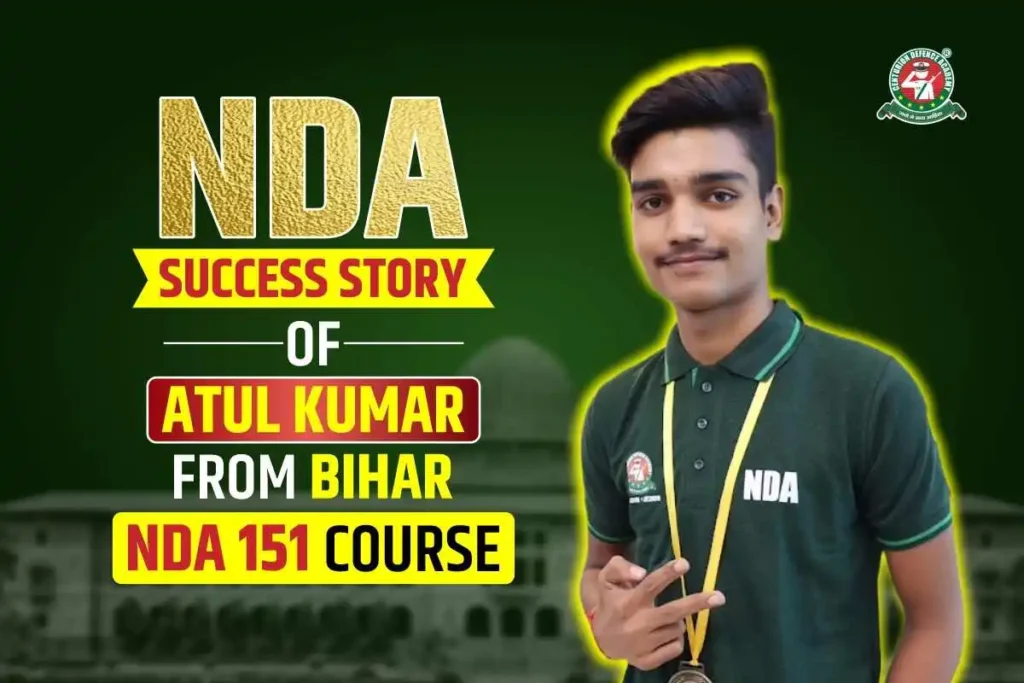
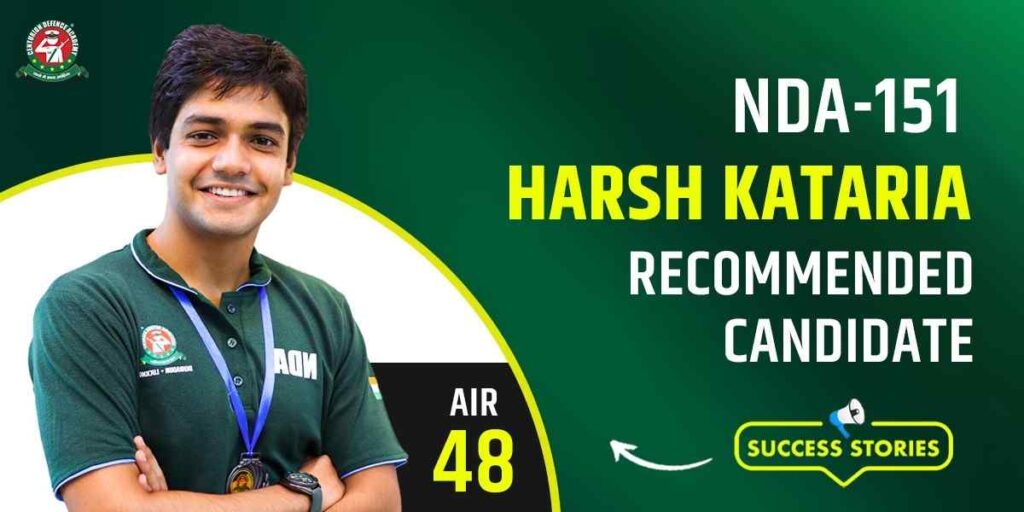
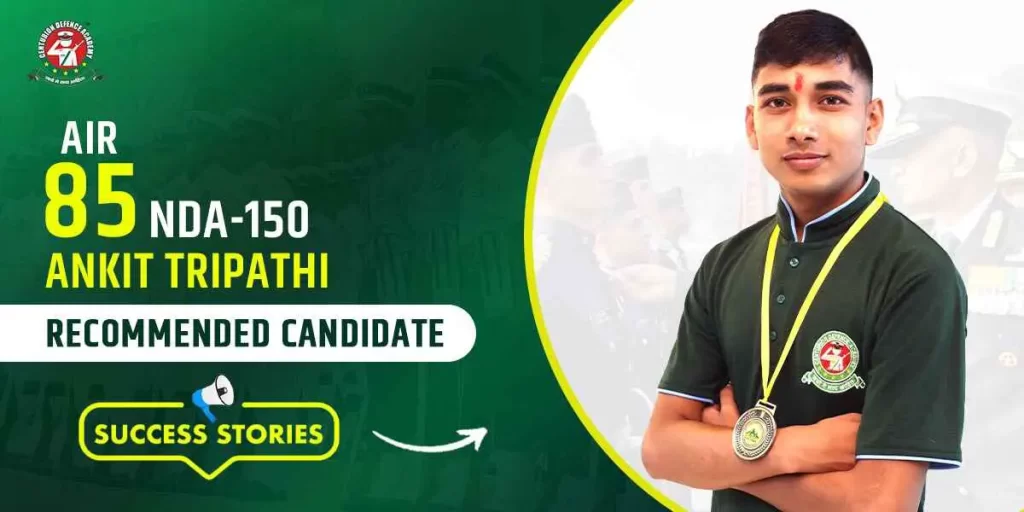

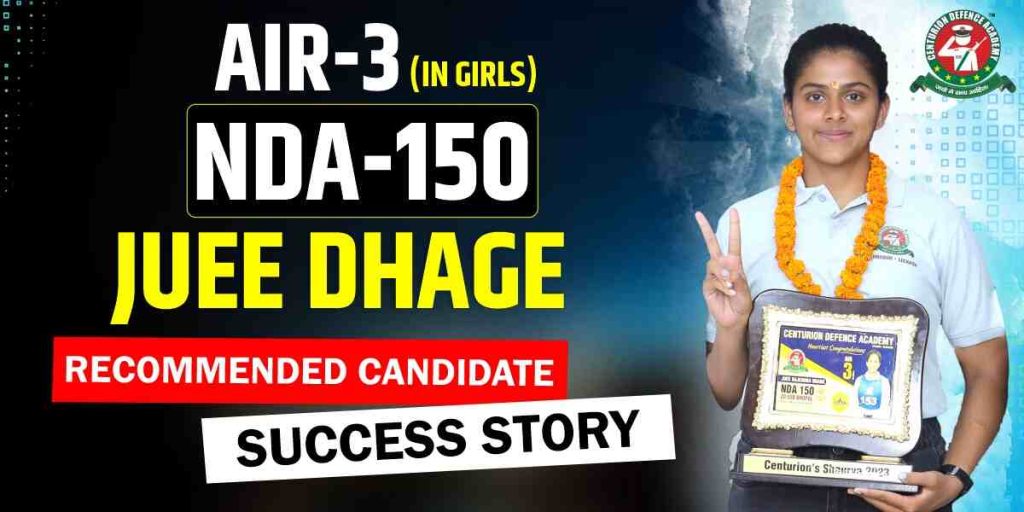
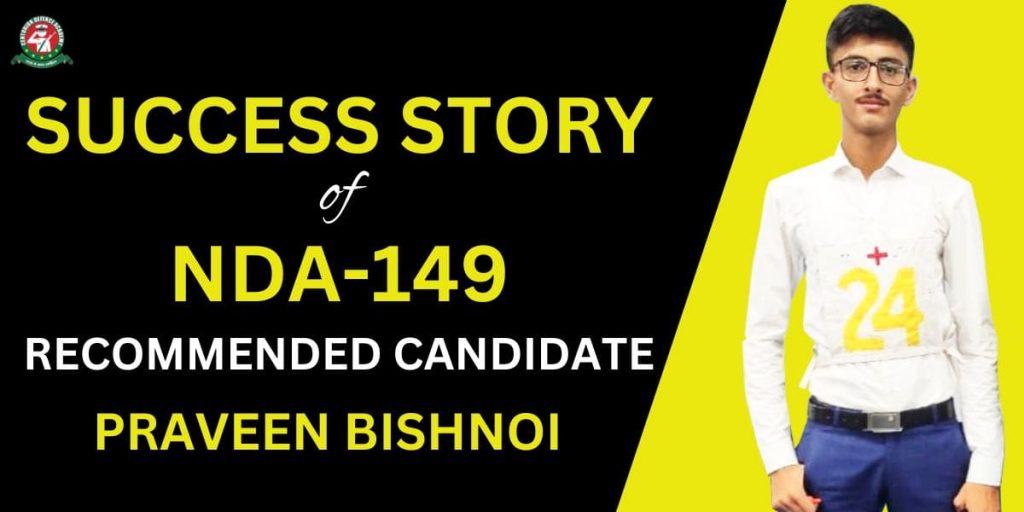
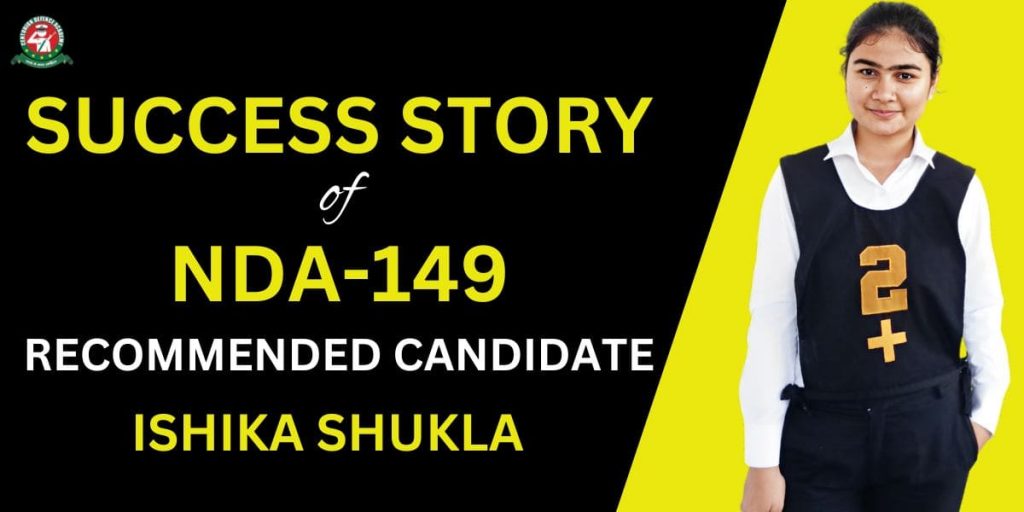
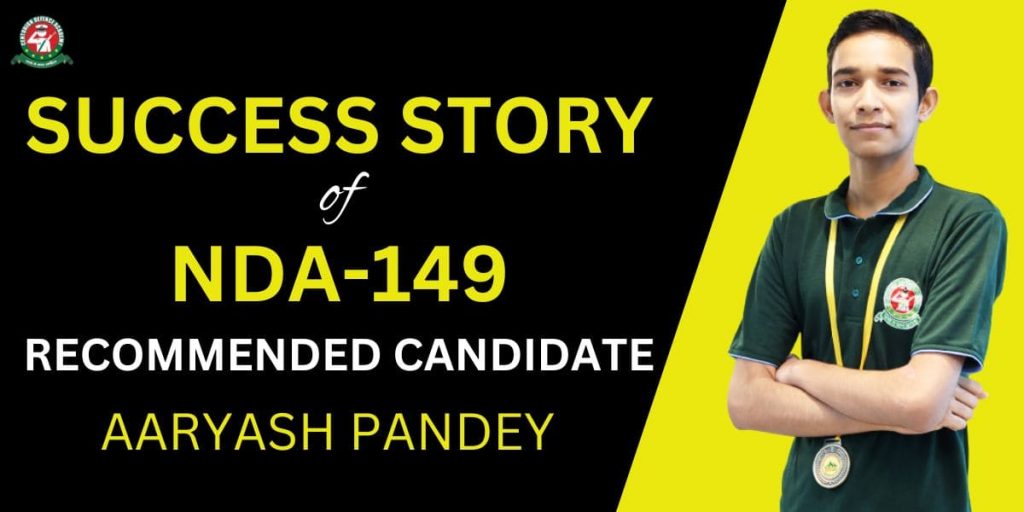
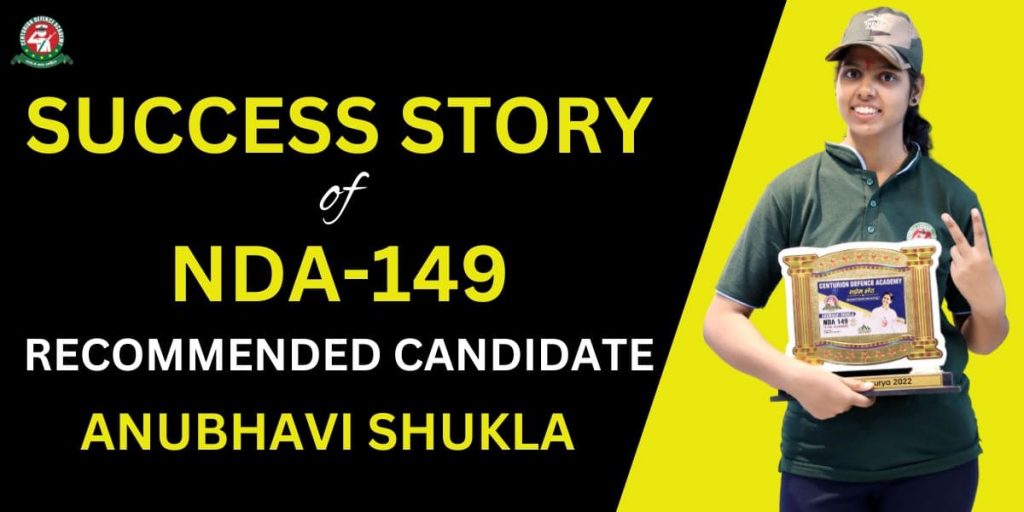
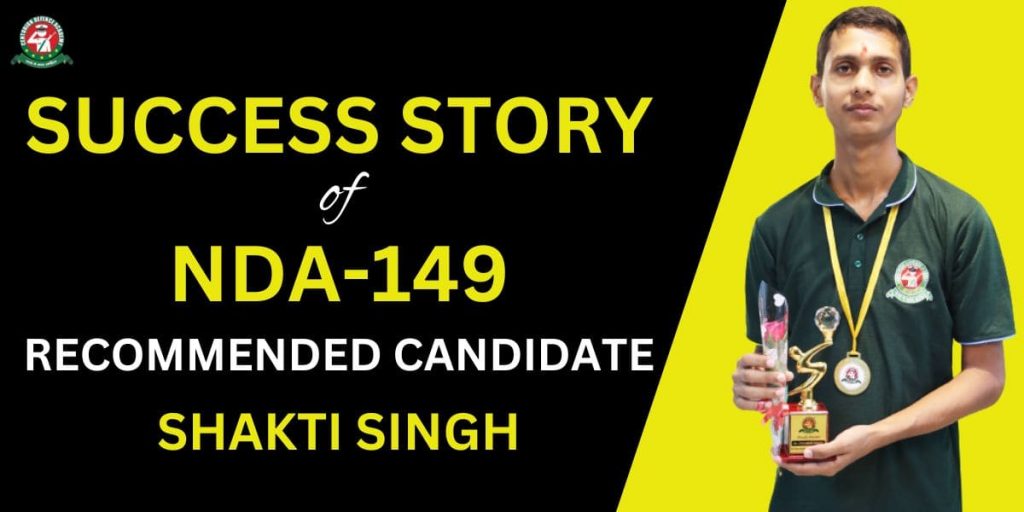
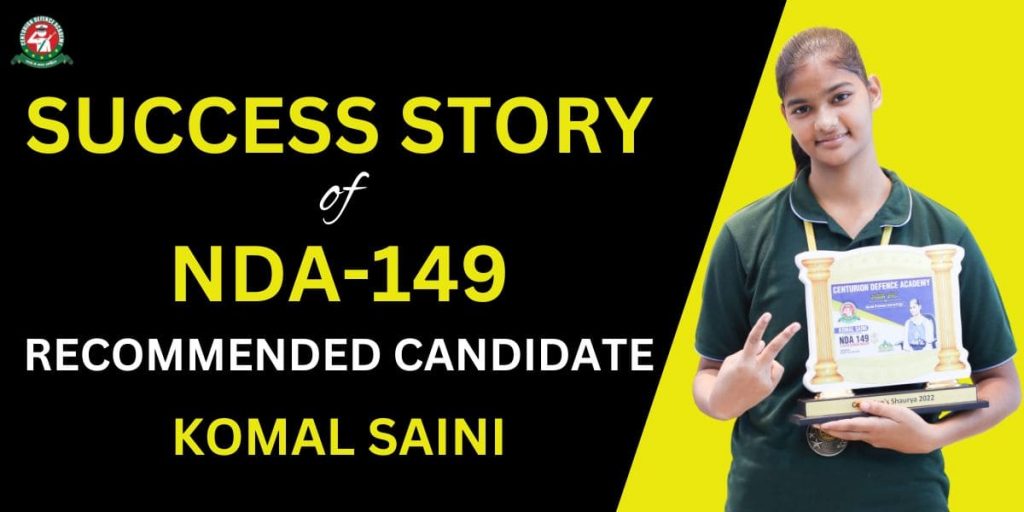
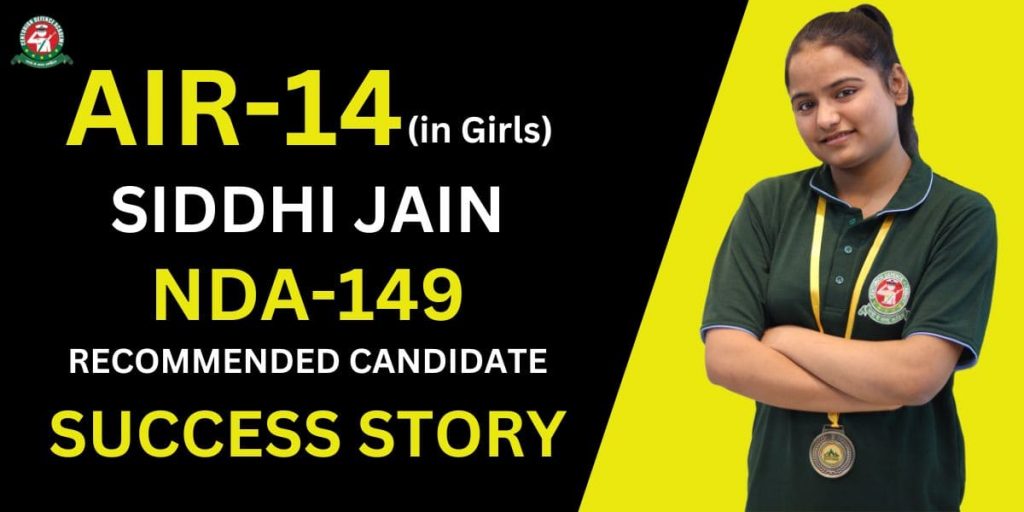
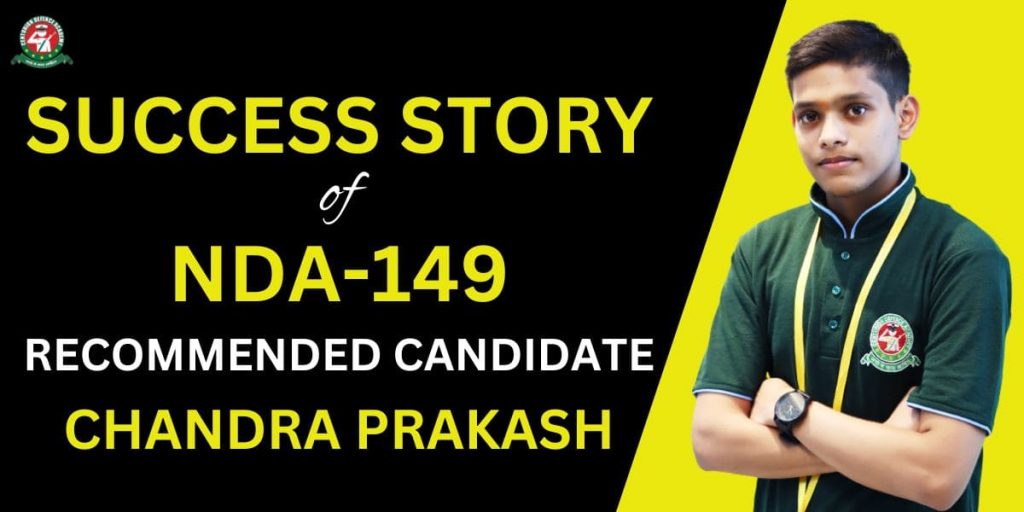
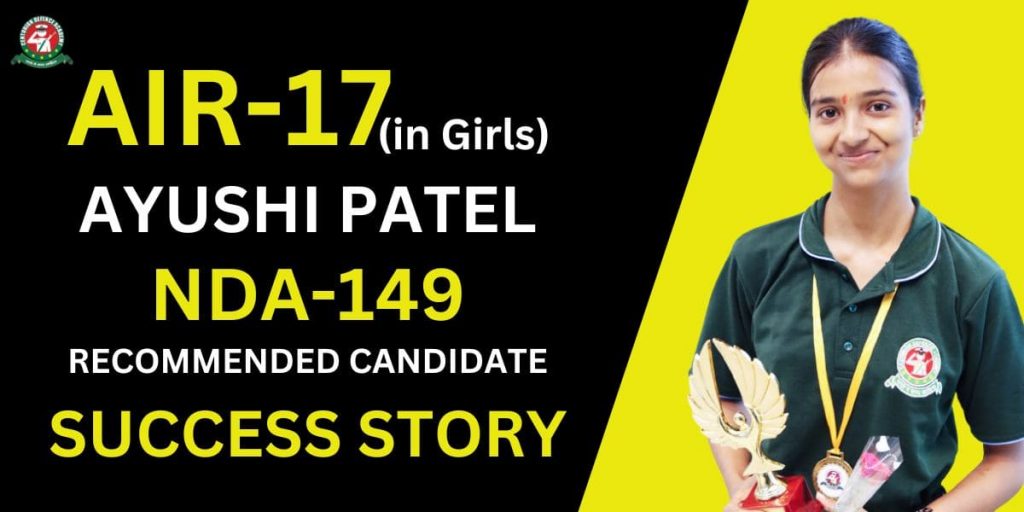
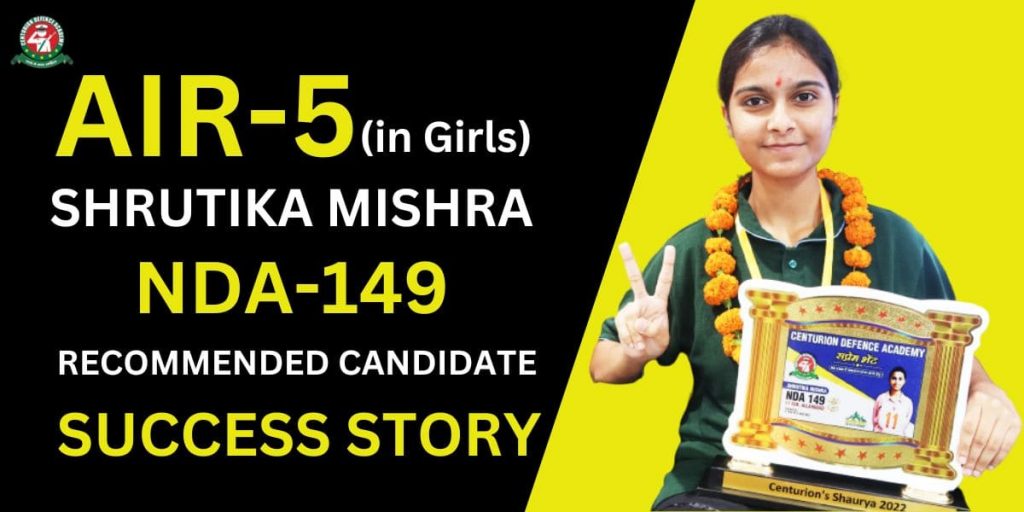
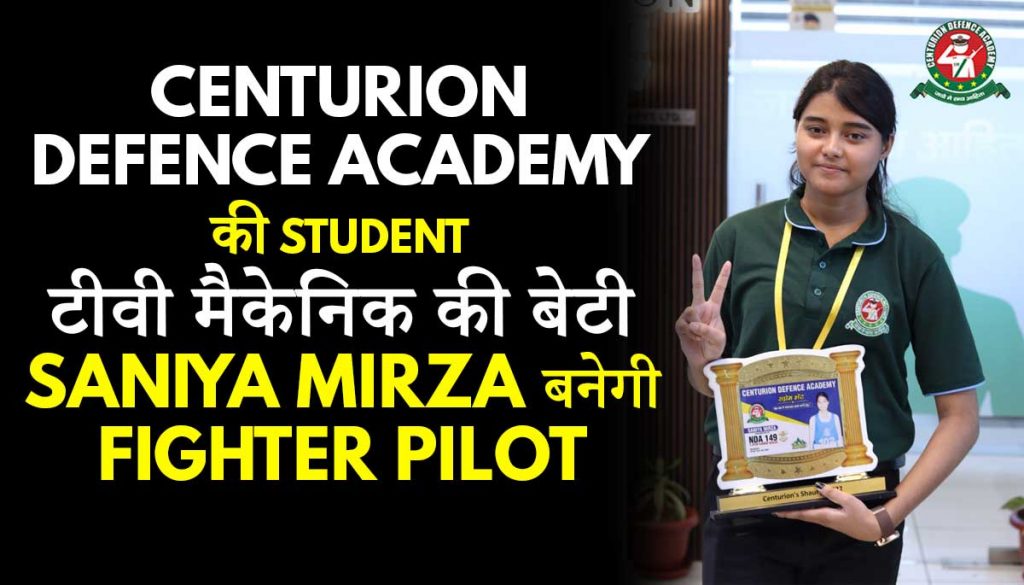









Leave Comment